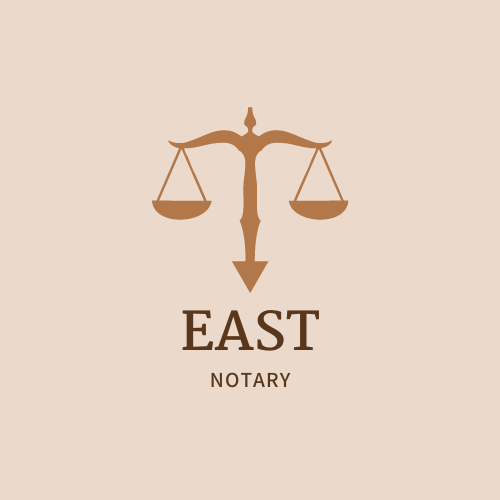How Many Law School in the US?

US law schools include 205 American Bar Association-accredited and 32 non-ABA approved law schools, giving students ample options when selecting one to meet both their academic and career objectives.
Law students can gain valuable experience through legal clinics and internships. Furthermore, many law students join student organizations focused on specific legal fields. Furthermore, they can become members of editorial staffs of law schools’ scholarly journals.
There are 205 ABA-approved law schools
At 205 American Bar Association-approved law schools, 205 programs offer Juris Doctor (JD), which is a graduate degree that prepares students to become lawyers. Most schools belong to either public or private universities and offer three-year programs with full-time curriculum as well as LSAT exams for admissions consideration. Admissions processes may be competitive; submitting an excellent personal statement and letters of recommendation could increase your odds.
Most American Bar Association-accredited law schools typically feature an approximate student/faculty ratio of 18-1 (excluding adjuncts, emeriti and administrators). Following litigation by the Department of Justice against the ABA for using salary as an accreditation criterion, this factor has since been removed from its standards.
Law school rankings tend to emphasize inputs such as tuition, unit counts per semester and grade point average while failing to measure value-added or long-term outcomes, making these rankings far from authoritative. Instead, applicants should look for schools with strong bar passage rates and employment statistics as this will give you greater assurance when making their selection.
There are 32 Non-ABA approved law schools
There are 32 non-ABA approved law schools in the US offering Juris Doctor degrees (JDs). Students attend full time for three years to earn this qualification, taking part in numerous student organizations that promote social, professional, and academic interests as well as publishing legal journals managed by student bodies with editorial staff editing student journals.
Many individuals choose a Non-ABA approved law school because its lower admission standards make pursuing their dream of becoming a lawyer more attainable, even if their LSAT scores or grades fall below par or they did not achieve strong grades in undergrad. Furthermore, these schools often provide online or hybrid courses ideal for working professionals as well as those balancing multiple responsibilities; plus many can be considerably cheaper than their ABA counterparts; nonetheless most law schools still require their applicants to submit an LSAT score and minimum UGPA through Credential Assembly Service or CAS when applying.
There are 135 ABA-accredited law schools
Law schools provide professional legal education. Upon graduation, these institutions bestow the Juris Doctor (J.D.) degree required of most practicing lawyers in the U.S. Most law schools are part of universities but some operate independently.
Accredited law schools must meet certain ABA requirements, including student employment data, bar passage rates, sample exams and salary considerations of faculty or administrators as an accreditation criterion. There are various rankings of law schools; most emphasize entering student LSAT scores and GPAs, reputation surveys as well as expenditure per student expenditures as indicators.
Students should consider more than ABA standards when selecting a law school; students should carefully research its programs and academic offerings as well. Many ABA-accredited law schools offer Master of Laws (LL.M) degrees with specialties like environmental, international, or maritime law; these degrees typically take less time to complete than J.D. programs and make for excellent options for international students.
There are 68 non-ABA-accredited law schools
Non-ABA-accredited law schools may provide an alternative to the more traditional Juris Doctor (JD) degree; however, graduating from one may restrict your job options and make passing the bar exam harder; due to regulations enforced by the American Bar Association (ABA), all accredited law schools must abide by strict criteria before being evaluated for accreditation.
ABA-approved law schools tend to draw in a larger student body through more competitive admissions processes and lower operational expenses, translating to lower tuition rates for cost-conscious students. These schools typically have more flexible LSAT requirements and four-year timelines, enabling working professionals to complete their legal education in less time. Furthermore, these schools may provide more lenient application requirements and do not require applicants to register with Credential Assembly Service; they still may have different admissions criteria for foreign students though. Furthermore, Social Science Research Network regularly publishes rankings of law schools based on how frequently their faculty’s scholarship is downloaded by visitors to their websites.

